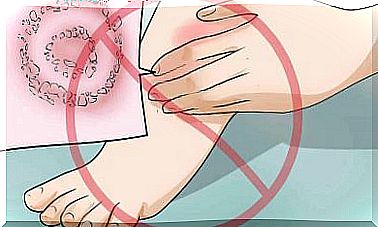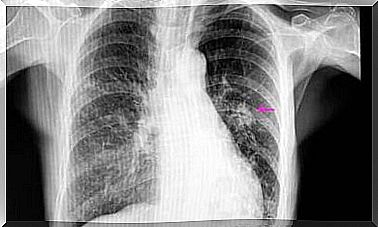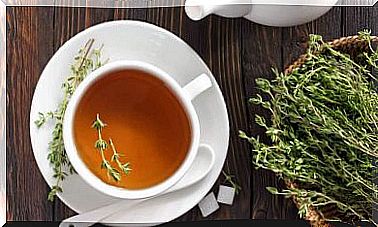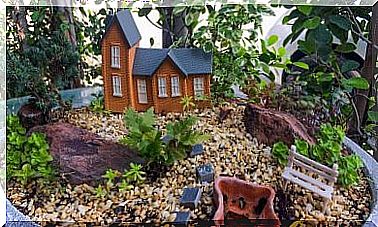Eliminate Houseplant Insects With Vinegar
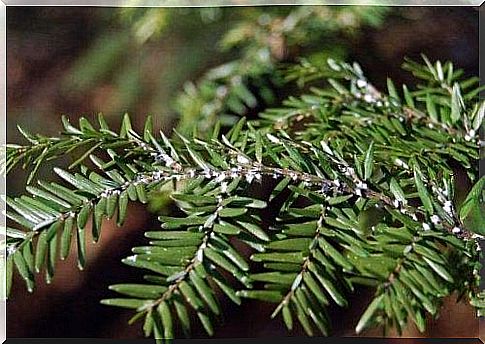
Today we share some simple methods to eliminate insects from houseplants using an inexpensive and easy-to-find natural ingredient: vinegar.
Plants give new life to any environment and can complement any style. After all, there is nothing more refreshing than some vegetation in the house. For that reason, it’s important to make sure they keep looking perfect.
Unfortunately, plants are sometimes attacked by small white insects that cause them to lose their color and wither. If houseplant bugs are a problem for you, don’t worry.
Today we will tell you how to completely eliminate them without using chemicals that can cause allergies or other health problems, especially if you have children or pets in the house.
Fighting houseplant insects
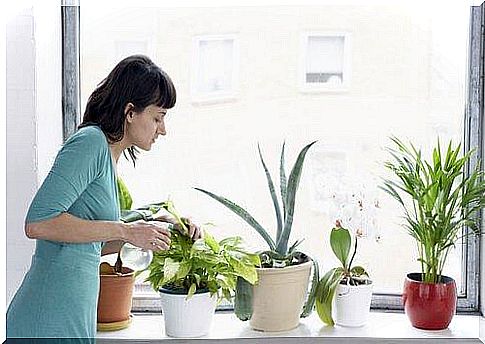
Whiteflies are small houseplant insects that are only about three millimeters in size. They attack the leaves of the plant and consume the sap inside. The first signs of these insects are yellow leaves that become dry and eventually die and peel off.
These insects can be very harmful because they reproduce very quickly. They produce at least four generations per year. A generation covers the entire life cycle of an insect, from the time the egg is laid to the time the insect dies.
This is a summer pest, as they thrive better in a warm and humid environment. For this reason, they are more of a hazard in homes and in greenhouses where the climate is ideal for multiplication and where up to 11 generations per year can be produced.
Three Ways To Use Vinegar For Houseplant Insects
Vinegar is just a diluted form of acetic acid obtained by the fermentation of a product containing sugar or starch. It has antiseptic and disinfectant properties. For that reason, it is often used in medicine and pharmacy.
The benefits of using vinegar
- It’s cheap.
- The products we show you today are very easy to make and can be ready in seconds.
- Vinegar can completely eliminate whiteflies.
- It will not stain.
- It is not harmful to children or pets.
- Because of its potential antibacterial properties, vinegar eliminates bacteria that can be harmful to the plants or the environment.
1. A flycatcher
Whiteflies love fermented foods, so vinegar is an ideal way to trap them. Acetic acid also slows them down so you can catch them more easily. If you put vinegar in a bottle, the flies will be attracted to the vinegar and will not be able to escape.
What you need
- jar with a wide opening
- knife
- 1 cup vinegar
What should you do?
- Put the vinegar in the jar.
- Then make large holes in the lid of the jar with the knife.
- Place the lid on the jar.
- Then place the jar where you’ve seen the flies and see the magic work for yourself!
2. Sticky trap with vinegar
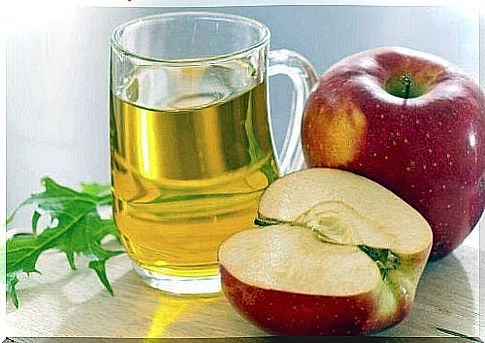
When you mix vinegar with a sticky food, such as peanut butter, and place it in a closed trap with holes, the flies will enter. Then they ca n’t get away when they stick to the food.
What you need
- A small box with holes at the top
- A small plate
- 2 tablespoons peanut butter
- 2 tablespoons vinegar
What should you do?
- Put the peanut butter and vinegar on the plate.
- Then mix it well.
- Finally, put the board in the box and close it.
3. Vinegar and Soap
This trap is a good one, as the flies will be attracted to the mixture and leave your plants alone. The soap traps them so they can’t escape. This is a very practical trap, as you can make a few to place in different rooms.
What you need
- 1 cup apple cider vinegar
- 1/2 cup of soap
- A bowl or bowl
What should you do?
- Put the vinegar and soap in a cup.
- Then mix it well.
- Finally, place it in a bowl or container next to the affected plants.
Use these simple tricks with vinegar to fight those pesky bugs and keep your plants healthy. Try them out and enjoy more plants in your home!
